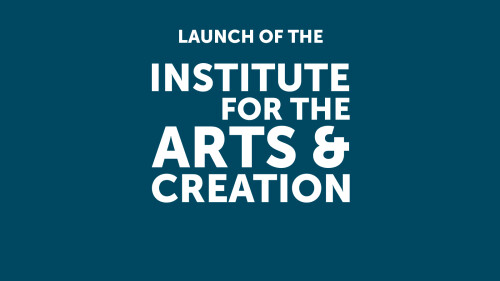Sciences Po launched its Institute for Arts and Creation
Paris, March, 29th 2023
1. Art at Sciences Po
A long story
In 1872, Sciences Po’s founder, Émile Boutmy, made “literature and the arts” the centrepiece of his ambitious plans for a new form of French university. At that time, he held the Chair in Art History at the prestigious École spéciale d’architecture in Paris.
For budgetary reasons, Boutmy was forced to row back on his grand initial plans, and focus instead on courses deemed of more immediate use to the civil servants and entrepreneurs of the day. Nonetheless, throughout the 20th century, Sciences Po continued to offer courses addressing contemporary ideas, forms of political and social representation, the relationship between art and contemporary cultures, literature, politics, and other arts subjects.
At the end of the 1980s, Sciences Po’s then Director, Alain Lancelot, oversaw a major overhaul of the university’s curriculum, with courses in culture and the arts at the forefront of the changes. A series of so-called “expansion courses” addressed literature, theatre, cinema, art, architecture and culture, and compulsory weekly “reading groups” were introduced at undergraduate level. Meanwhile, students convinced the university’s management to introduce an annual “Arts Week”, which has, since then, provided an opportunity for the student body to express its creative talents both individually and collectively.
In the early 2000s, Director Richard Descoings spearheaded the creation of a Cultural Policy and Management policy stream within the postgraduate curriculum in public affairs at Sciences Po. This stream is aimed at students aspiring to enter careers in cultural institution administration, cultural project management or cultural policy in public, private or non-profit organisations, whether at national, European or international level. This policy stream became a component of the School of Public Affairs as of its founding in 2014.
A few years later, Bruno Latour’s arrival at Sciences Po and appointment as Vice-Director of Research brought a new lease of life to the university’s cultural activities, and paved the way for bold new initiatives reviving Émile Boutmy’s early ambitions. Latour viewed art as the object of action as much as thoughts; for him, the arts were eminently political. They give students a deeper understanding of the world as a whole, with rational and emotional dimensions, in all the complexity of its contemporary issues.
In that spirit, Latour instituted the first Professorial Chair of Art History at Sciences Po in 2009. Current President of the Fondation Nationale des Sciences Politiques Laurence Bertrand Dorléac was the first academic to be elected to the Chair.
In 2010, Latour created the Master in Arts and Politics (known as SPEAP), a one-year postgraduate programme aimed at young professionals working either in the arts or in the humanities and social sciences, who want to combine the two approaches to achieve a more rounded response to major contemporary issues. Latour, who died last October, taught on the course until the very end of his life.
In parallel, Descoings and Latour also developed a programme of arts workshops (Fr) to form part of the Undergraduate College curriculum. Sciences Po now offers 207 arts workshops taught by 143 faculty members.
Also in 2010, students created the Sciences Po Prize for Contemporary Art.
Over the following decade, arts continued to occupy an increasingly significant space at Sciences Po.
In 2014, at Laurence Bertrand Dorléac’s initiative, Sciences Po introduced a dual degree with the prestigious École du Louvre, an institution of higher education devoted to the study of archaeology, epigraphy, art history, the history of civilisations and museology.
In 2016, a new Master in Communications, Media and Creative Industries was added to the range of programmes offered at Sciences Po’s School of Management and Impact, featuring creative masterclasses known as the “Rendez-vous de la Création”. The masterclasses have been hosted by leading figures from the creative industries, including Jean-Charles de Castelbajac, Philippe Starck, Thierry Marx, Paul Smith, and others.
That same year, the School of Public Affairs launched its own cultural masterclasses, inviting artists and creators including Thomas Ostermeier, Ladj Ly, Aloïse Sauvage, Steve McCurry, and others.
In 2019, Delphine Grouès founded the Writing and Rhetoric Centre and the Writer-in-Residence Chair.
That same year, and once again at the initiative of Laurence Bertrand Dorléac, Sciences Po reformed the Undergraduate College admissions procedure to introduce an image commentary and analysis exercise for all applicants in their interviews.
In 2020 an assistant professorship was opened at Sciences Po’s Centre for History, with a young art historian, Thibault Boulvain, as its first appointee.
Finally, in 2022, an Art Prize for Sciences Po students was created.
_1680092966.jpg)
Why establish an Institute for Arts and Creation at Sciences Po?
Throughout its history, Sciences Po has always been ahead of the curve.
In establishing the Institute for Arts and Creation, Sciences Po is developing and strengthening its innovative approach of embedding the arts within a curriculum focusing on the humanities and social sciences, while fostering dialogue between all three disciplines.
Dialogue between the humanities and social sciences and the arts is at the heart of Sciences Po’s vision. Decentering perspectives, developing original thought, listening, reading and taking inspiration from alterity have been cornerstones of Science Po’s project since its creation. Art plays just such a role in different ways of thinking and understanding complex issues and big changes within our societies, honing analytical skills, stimulating creativity and opening up knowledge to enable new ideas and original solutions.
The mission of the Institute for Arts and Creation is to support and embody the innovation and transformation of teaching through the arts, by promoting teaching methods which incorporate the arts to foster development of key skills linked to creativity, analysis and critical thinking. The Institute will incorporate these elements in the support it provides teaching staff and in its teaching resources.
The Institute also offers Artists-in-Residence Chairs, events, workshops, writing residencies, masterclasses across all of Science Po’s campuses, and intensive training courses with guest artists from various fields who present their work and share their unique perspective on the world and society, offering an alternative view of reality.
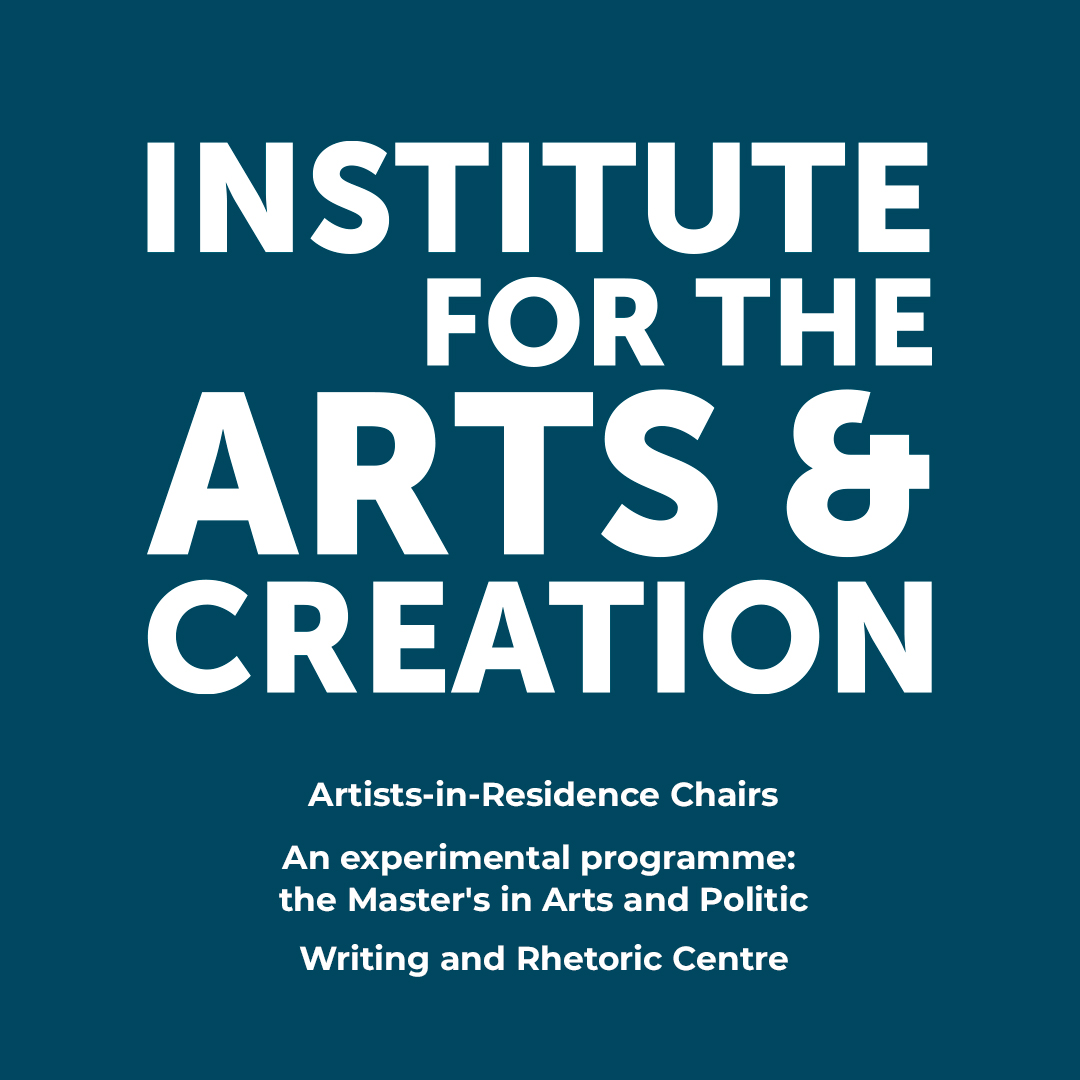
The Institute for Arts and Creation has three main objectives:
- Diversification and experimentation within education. The Institute’s mission is centred on innovating in artistic methods, developing creative skills and bridging disciplines. It will support faculty members in introducing new teaching and evaluation methods. It will promote existing initiatives from different degree programmes, while broadening the range of artistic content available to students and the wider university community.
- Development of research bridging the arts, humanities and social science disciplines, in all their forms.
- Appointment of artists-in-residence at Sciences Po to bring the institution’s communities (students, faculty and staff) into contact with artists’ visions, experiences, interrogations, and pace of creativity.
The Institute for Arts and Creation has three components:
- Artists-in-Residence Chairs, with events, workshops, masterclasses across all of Science Po’s campuses, and even intensive training courses with guest artists working in various fields.
- An experimental teaching programme: SPEAP
- A Writing and Rhetoric Centre, offering 25 workshops a year.
The Institute works in partnership with researchers from Sciences Po, particularly the Political Humanities Society (Cercle des humanités politiques).
The Institute for Arts and Creation runs initiatives both within and outside Sciences Po :
- Help and support for high schools participating in the Equal Opportunities Programme (CEP), particularly with their preparation for the image analysis exercise of the admissions procedure, but also through events at which they can meet artists.
- Developing civic engagement linked to art; for example through reading and writing workshops in hospitals for care staff, patients and their families.
- Strengthening university partnerships, as is already the case with Harvard around the relationship between arts and humanities and social sciences.
- Inviting participation from school students belonging to artistic associations and alumni groups, who will work with different initiatives.
- Building a network of students recognised as “high level artists”across universities in France,and strengthening links with other student artists at Sciences Po.
A series of publicly available recordings and podcasts will help to ensure the Institute’s actions and resources are shared and distributed widely.
Governance
The Institute for Arts and Creation relies on a structure of relevant committees to coordinate its activities and inform its new projects.
- A steering committee, bringing together the various Sciences Po communities who are most relevant to the Institute’s artistic and cultural concerns.
- A strategic committee, with representatives from the world of the arts, humanities and social sciences, to foster strategic reflection and map out the Institute’s activities and development opportunities.
- Selection committees for invited artists, based on the selection committee for the Writer-in-Residence Chair.
2. Artists-in-residence chairs and the Writing and Rhetoric Centre
“Literary practice is a poetic form of knowledge of the world that is just as important as any scientific expertise.”
Patrick Chamoiseau, Writer-in-Residence, spring 2020
The creation in 2019 of the Writer-in-Residence Chair, which is the first of its kind in the French higher education system, and the Writing and Rhetoric Centre confirmed the fundamental place of writing in teaching methods at Sciences Po.
Every semester for the past four years has seen a new writer take up their residence at Sciences Po. They are invited to teach two creative writing courses, while also leading masterclasses, participating in events organised by the Writing and Rhetoric Centre and appearing on its behalf outside of the centre’s walls.
Writers-in-Residence since 2019:
 |
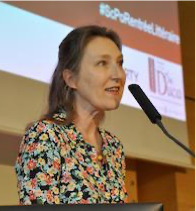 |
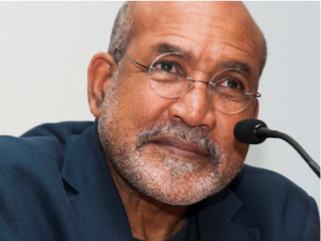 |
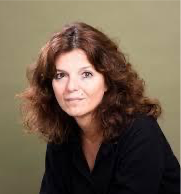 |
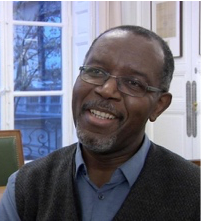 |
| Kamel Daoud | Marie Darrieussecq |
Patrick Chamoiseau |
Maylis de Kerangal |
Louis-Philippe Dalembert |
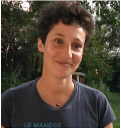 |
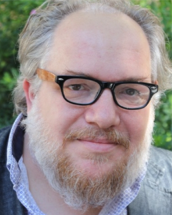 |
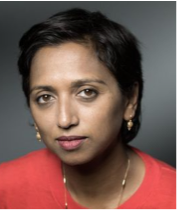 |
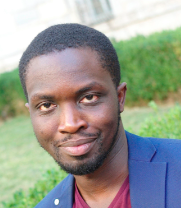 |
|
Alice Zeniter |
Mathias Enard |
Nathacha Appanah |
Mohamed Mbougar Sarr |
Each Writer-in-Residence is awarded the Michel Reybier Prize, an award founded by Karen and Michel Reybier, Céline Fribourg and Sophie Midy. The aim of this prize is to foster literary creation and support the French-language authors appointed to the residency who, semester to semester, bring literature and all forms of writing to life at Sciences Po.
The Writing and Rhetoric Centre runs 25 classes for students at all stages of their degrees at Sciences Po. Its workshops bring together students from various year groups.
The workshops offered by the Centre are designed to aid students’ with their academic work, prepare them for the professional world, and provide training in independent, creative writing.
Three key areas are developed:
- Argumentation
- Public speaking
- Creative writing
In addition, the Writing and Rhetoric Centre offers a dense programme of activities, classes and events. These include a Creative Writing Residency at the Institut Mémoires de l’édition contemporaine (IMEC), in partnership with the Fondation Simone et Cino Del Duca, as well as the publication of student writing through “short story dispensers” installed in the 27 rue Saint-Guillaume and the 1 place Saint-Thomas sites.
In spring 2023, the Writing and Rhetoric Centre will launch a series of literary podcasts produced in partnership with the magazine ActuaLitté. French screenwriter, novelist, and filmmaker Aurélie Lévy will interview Sciences Po’s former Writers-in-Residence and share her interviews on the ActuaLitté platform.
The Writing and Rhetoric Centre and its Writer-in-Residence Chair are supported by the Simone and Cino Del Duca Foundation, Karen and Michel Reybier, Céline Fribourg and Sophie Midy.
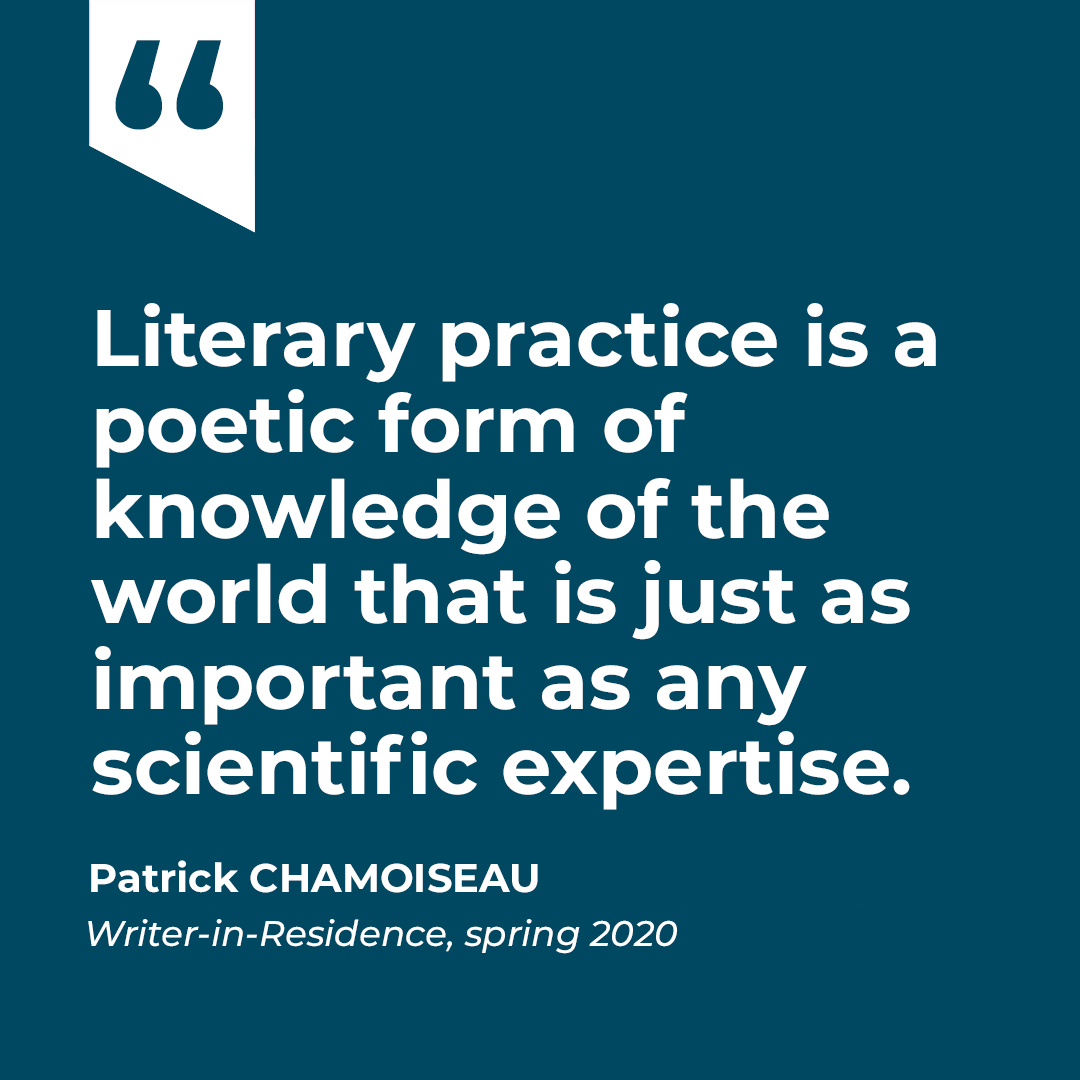
Each year a representative of the world of cinematography is chosen as the Cinema Chair. Each representative leads four masterclasses during which they present their work, invite other leading figures of their choice, and encourage reflection on creativity and its representation.
Sciences Po’s first Cinema Chair is the director Claire Denis.
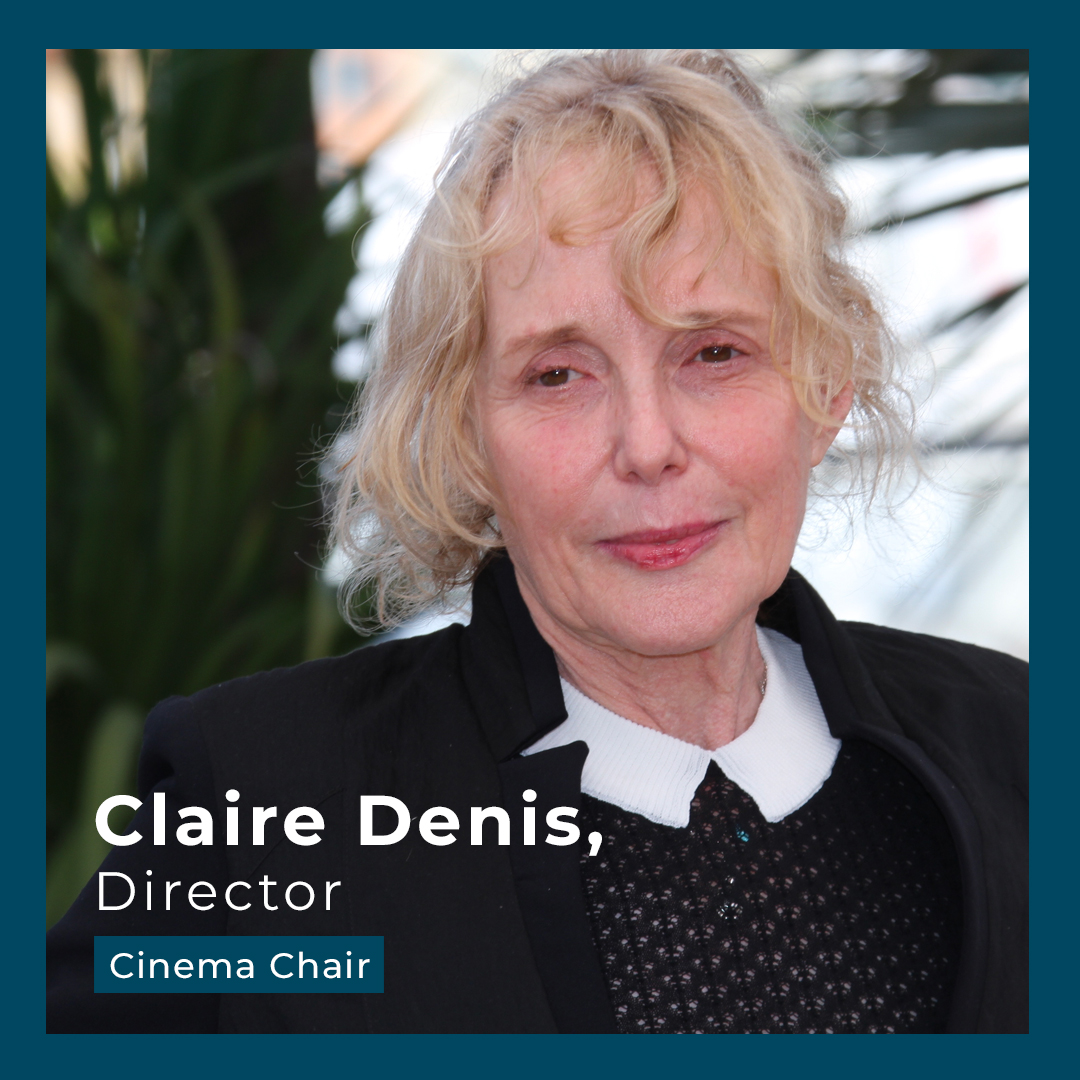
Since her first feature film, Chocolat, which premièred at the 1988 Cannes Film Festival, Claire Denis has been engaged in a continual redefinition of her cinematic oeuvre. A filmmaker interested in the living and the human experience, Denis listens for and frames silences to arrive at a deeper understanding of the dialogue between bodies. Denis has directed actors including Vincent Lindon, Béatrice Dalle, Juliette Binoche and Robert Pattinson, in harsh and tormented settings ranging from the suburbs of Paris to the landscapes of Africa, the continent where she grew up and which she loves dearly.
In 2022, Denis won the Silver Bear for Best Director at the Berlin International Film Festival for Both Sides of the Blade, and the Jury Prize at Cannes for Stars at Noon.
Denis was appointed Sciences Po’s first Cinema Chair at its formal launch on Tuesday, March 21st 2023. Students and guests in attendance watched a screening of her film White Material and participated in a masterclass led by Denis and moderated Jean-Michel Frodon, a film critic and lecturer on the SPEAP Master’s programme.
Organised in collaboration with the School of Public Affairs, the launch was an opportunity to discuss Denis’s creative experience and the many, particularly political and historical, themes that her work touches on.
This masterclass was the first in a series of four discussions with Claire Denis held throughout the year.
4. Music and dance Chair
The Institute for Arts and Creation aims to cultivate a space for reflection through music and dance.
To achieve that aim, a Chair dedicated to those arts has been created, and will be alternately filled by a musician and a dancer and/or choreographer.
He or she will lead four masterclasses during which they will present their work, invite other leading figures of their choice, and encourage reflection on creativity and its representation.
The dancer and choreographer Benjamin Millepied will be Sciences Po’s first Music and Dance Chair.
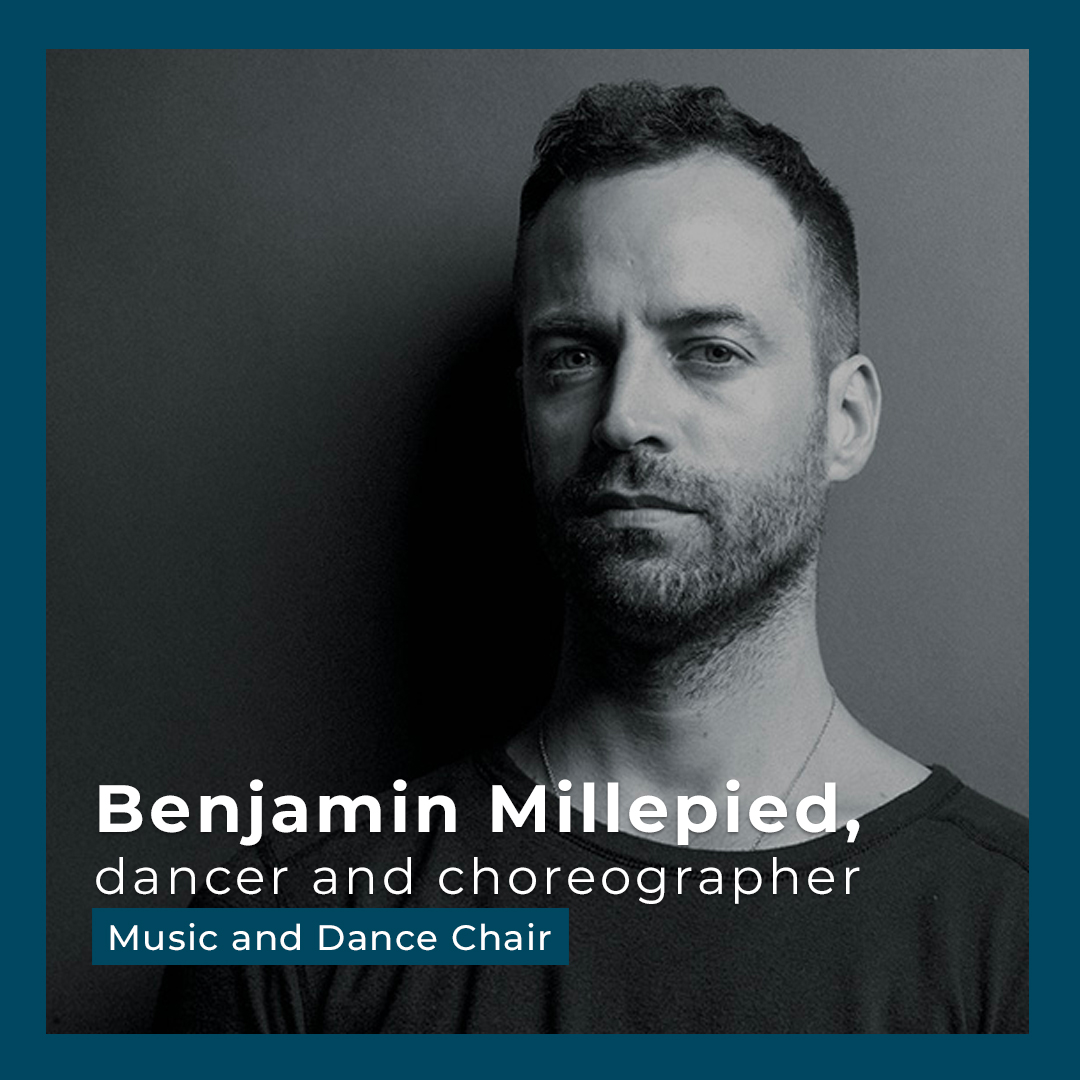
Benjamin Millepied entered the Conservatoire National Supérieur de Musique et de Danse de Lyon at the age of 13 and continued his training at the School of American Ballet in 1993. He joined the New York City Ballet in 1995, and was promoted to soloist in 1998, then principal dancer in 2002.
Millepied made his choreographic debut in 2001. His work has been produced at Sadler's Wells Theatre in London, the Maison de la danse in Lyon, the Ballet du Grand Théâtre in Geneva, Joyce Theater in New York, the American Ballet Theater Studio Company, the Pacific Northwest Ballet, the New York City Ballet, the Het National Ballet, the Metropolitan Opera, the Pennsylvania Ballet, the Mariinsky Theater Ballet and the Paris Opera Ballet.
Millepied was also Artistic Director of the Morris Dance Center (New York, 2004-2005) and Resident Choreographer at the Baryshnikov Arts Center (New York, 2006-2007). In 2011, he left the New York City Ballet and set up his own dance company. From 2014 to 2016, he was Dance Director of the Paris Opera.
As with the Institute’s other Chairs, these masterclasses will be offered throughout the year.
As part of an exchange between the Fondation Gautier Capuçon and Sciences Po, laureates of the charitable foundation attended a workshop on public speaking at the university and performed at its graduation ceremony the following day.
In addition, the inaugural Opera for Peace conference will be held at Sciences Po on Thursday 13 April 2023 in the Jacques Chapsal Lecture Hall (27 rue Saint-Guillaume).
5. Visuals arts - Through the artists’ eye
The Institute for Arts and Creation is launching a series of four major conferences per year entitled “Through the Artists' Eye”. Major figures from the arts world will be invited to share their work and insights into their style and creative process with students and the wider Sciences Po community.
They will beckon audiences into their unique perspective on the world by inviting them to experience other forms of emotional and sensory knowledge.
Each year a common theme will connect these four key events, hosted by Jean de Loisy. De Loisy is known for his major exhibitions and his radio show ‘L’art est la matière’ (France Culture), as well as for having led important institutions including the Palais de Tokyo and the Beaux-Arts de Paris.
In 2023, the programme theme is “The Relationship Crisis”. Philosopher Frédéric Gros, a professor of political humanities, will expand on the discourse between art and philosophy.
The first artists to be invited are:
- Tino Sehgal: on 23 March at 5:15pm
- Edith Dekyndt: on 20 April at 5:15pm
- Tomas Saraceno
- Kapwani Kiwanga
The “Through the Artists’ Eye” series is supported by the Fondation Jean-François et Marie-Laure de Clermont-Tonnerre.
SPEAP
A programme at the intersection of the art, humanities and social sciences, and politics
Created in 2010 by Bruno Latour, the SPEAP program (Sciences Po School of Political Arts), previously hosted by the School of Public Affairs, will join the Maison des Arts et de la Création in September 2023.
SPEAP is the first course to equally combine the arts and the human and social sciences. The objective is to confront specialists in the latter, but also practitioners from the public or private sector, with the characteristics and methods of artistic training and, conversely, to offer artists high-level training in the social sciences.
An experimental springboard
SPEAP provides a springboard for scientific, artistic and pedagogical exploration. While enrolled in the programme, young professionals from diverse backgrounds can challenge their knowledge and techniques on real social problems, test their convictions, exchange views, express doubt, feel their way, discover, and reflect on the consequences of their work.
The aim is to observe, to report and to explore together ways to create shared public space, as well as new ways of articulating inherently controversial political, economic, or scientific issues.
Commissioned group projects
Each year, students of the programme work on group projects addressing real-world issues commissioned by partner institutions, businesses, associations, or individuals.
Students also undertake internal debates and collective discussions, as well as external activities on related topics. This work culminates in an end-of-year presentation given to a panel comprised of teachers, experts and commissioning partners; a mandatory requirement of the degree.
Organisation
The Master’s in Arts and Politics is a full-time programme and takes place over one academic year. It is, however, designed to be compatible with professional work, with an average of one full day of teaching per week, accompanied by compulsory classes as part of the core curriculum at the School of Public Affairs and three weeks of intensive teaching.
The timetable is flexible and may be amended throughout the year, to enable ad hoc visits from leading intellectual, artistic or professional figures passing through Paris, or to suit the needs of the workshop sessions or personal and collective research commitments.
The political humanities Society
Facing the urgency of contemporary issues, at the forefront of which are environmental changes, the humanities must now focus on sharing critical skills and building links: between disciplines, but also between humans, nature and art. Now, we must come up with a new ethical approach, reinvent what the common good looks like, and rethink our place in cities and on this planet that we share not just with other humans.
How? By promoting the idea of politics as an emotional experience, which can be shared through cultures and spaces; by encouraging the entire academic community to reflect without limitations on the big issues facing the contemporary world which future generations will confront. These include the impact of new technologies, environmental degradation, new forms of wealth creation, contemporary violence, the rise of religions, urbanisation, migration, etc.
How? By calling on imagination. Through the art of fiction, images and stories that reveal an embodied humanity struggling with political anxiety, the vagaries of power and the protection of human values.
How? Through a specific way of thinking. This critical approach requires ideas to be challenged through spaces, languages and cultures: only by decentering and turning a critical eye on accepted ideas can we unlock the innovative potential that we need. The power of conviction, visual intensity, and the stylistic weight of an artwork are often more likely to stimulate students’ imagination and civic engagement.
The Political Humanities Society is based on a dual strategy:
- Fostering dialogue between all branches of the social sciences at Sciences Po, to ensure knowledge is shared without turning in circles.
- Intergenerational interdisciplinary collective research.
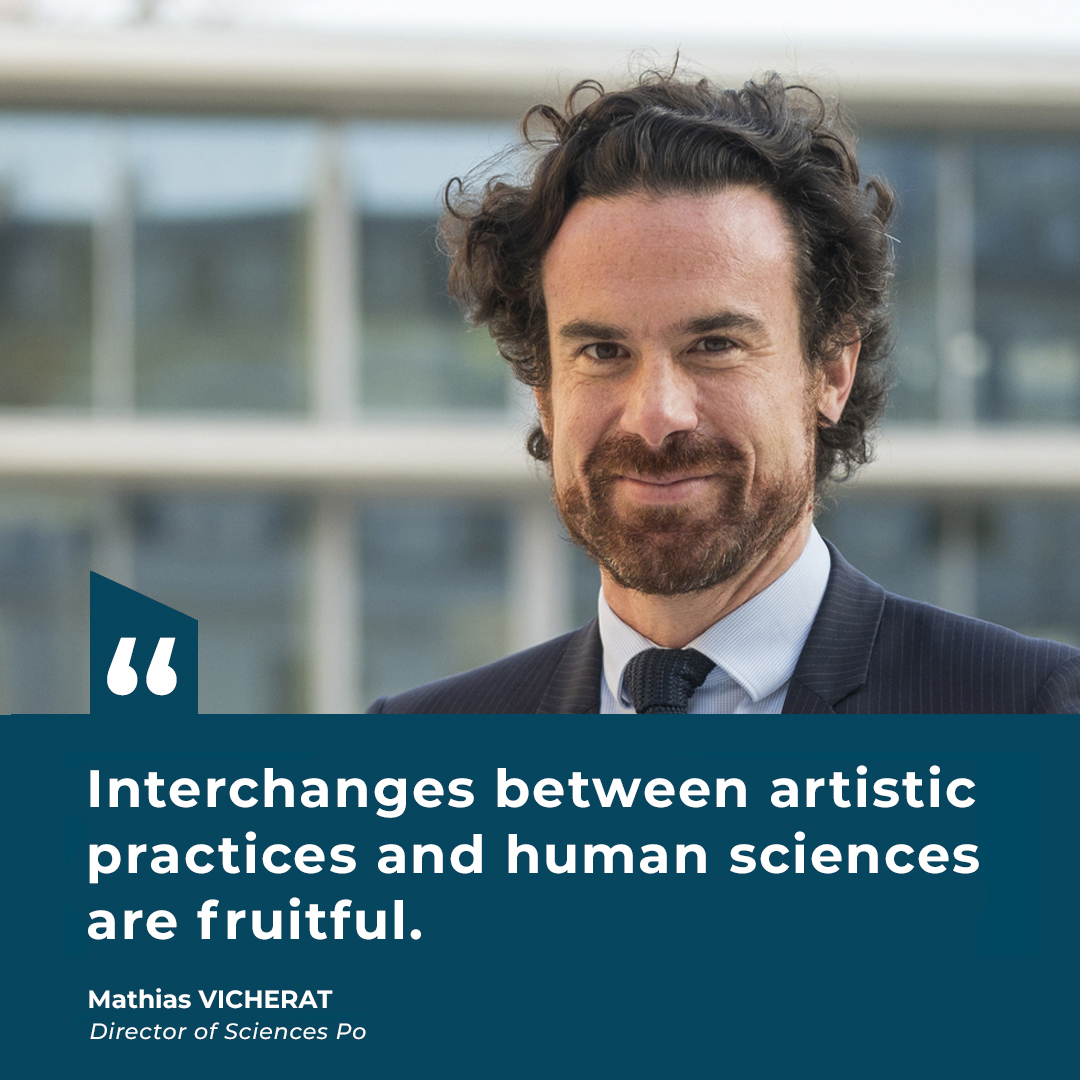
Three questions for Laurence Bertrand Dorléac, President of the FNSP
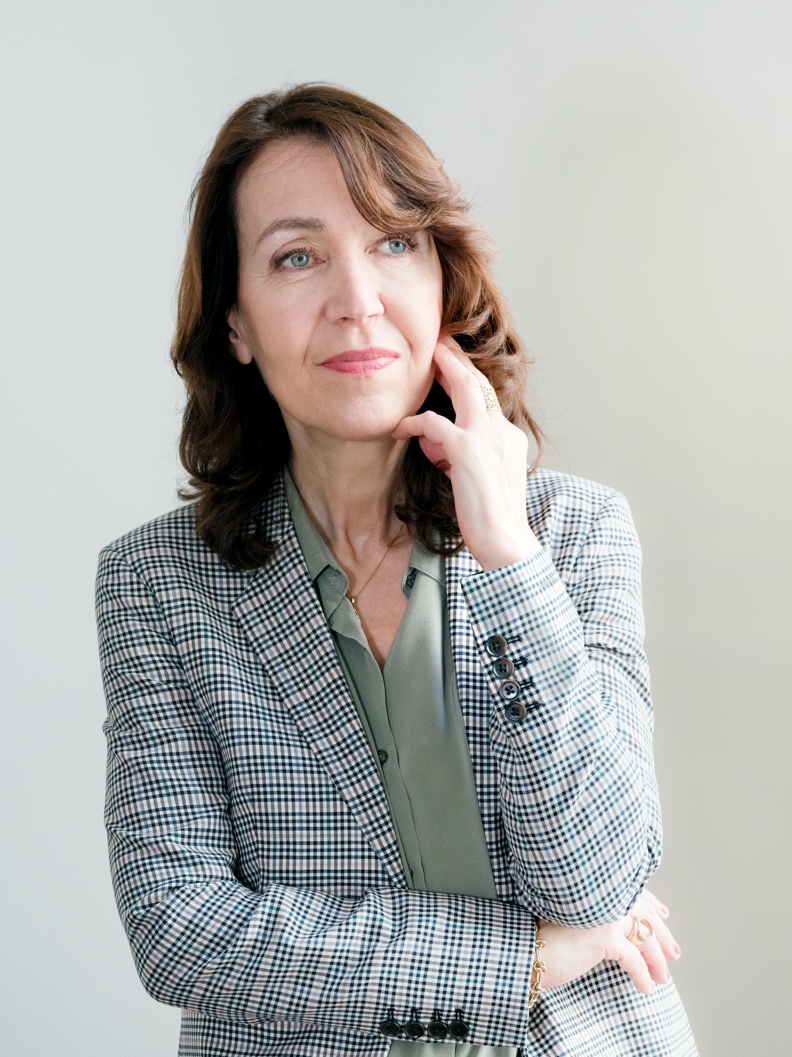
Why establish an Institute for Arts and Creation at Sciences Po?
Art already has a place at Sciences Po, in that the humanities are encouraged to draw on it in their teaching. We want to expand its presence and its scope, making it more visible and accessible to our community as well as to the wider public. The Institute for Arts and Creation will intensify the dialogue between the arts and humanities and social science research.
What role do art, and artists, play in our societies?
Artists have been the best bellwethers since the dawn of humanity. They are the most attentive observers of the world, conveying its logic, its beauty, its madness, its complexity, its contradictions, and the ineffable. They navigate sensitive waters, and create lasting works offering the catharsis we need to purge the individual and collective violence of which we are capable.
What purpose can art serve for those aspiring to be the leaders of our future world?
Art is not just a spiritual and cultural supplement, it’s a way of thinking about reality in all its forms, not merely the rational part that leaves too many uncomfortable things under the rug. We are still too Cartesian and specialised. An artistic approach involves looking at situations with a clean slate, and coming up with responses and ways to be courageous to resolve problems we encounter. This is essential for all governance worthy of the name.


